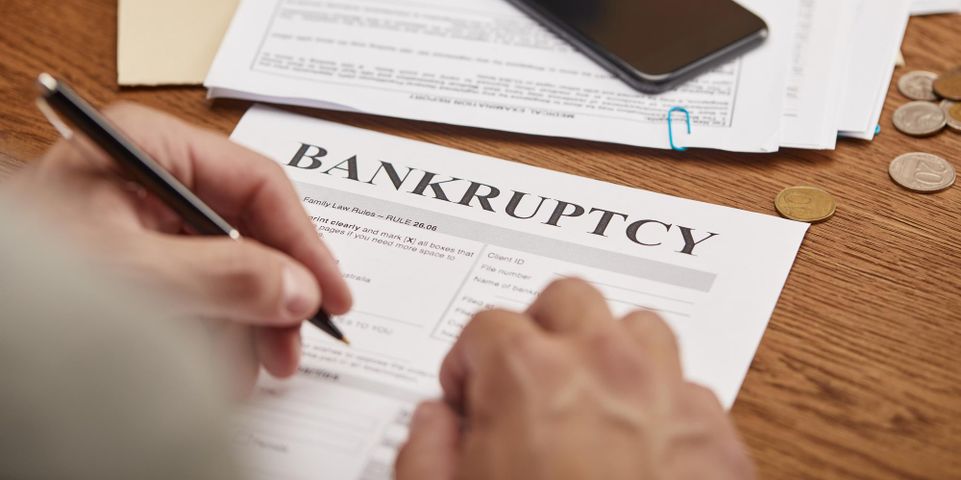Considering Bankruptcy? What to Know About Chapter 7 vs. Chapter 13

When it comes to personal bankruptcy, the two most widely used arrangements are Chapter 7 and Chapter 13. Naturally, each approach has its own advantages and drawbacks. If you’re in dire need of debt relief and you’re wondering which to pursue, the following information should help.
What Happens During Chapter 7?
Chapter 7 bankruptcy provides debt relief for those who have virtually no disposable income. If you pass the means test—typically, you must not make more than your state’s median income for a household of the same size—you can proceed with this approach.
During Chapter 7, nonexempt assets like second homes and newer vehicles with equity are liquidated to pay back creditors at least partially. Then, any applicable debts that remain are discharged automatically. Chapter 7 is appealing because there’s no cap on the total amount of debt you can discharge, and it doesn't require the implementation of a payment plan.
What Happens During Chapter 13?
 Also known as reorganization bankruptcy, Chapter 13 is ideal for those who are interested in asset protection. Generally speaking, you can keep even nonexempt property if you declare Chapter 13 because you’ll pay back creditors over the following three to five years.
Also known as reorganization bankruptcy, Chapter 13 is ideal for those who are interested in asset protection. Generally speaking, you can keep even nonexempt property if you declare Chapter 13 because you’ll pay back creditors over the following three to five years.
Instead of liquidating assets, this type of bankruptcy requires debtors to devise a more manageable repayment plan. Once they’ve met the terms of this plan, any debt that remains will be discharged. Unlike Chapter 7, though, there is a cap to the total amount of debt Chapter 13 will eliminate. As of 2019, that limit is $1,257,850 in secured debt and $419,275 in unsecured debt.
To determine if you’re eligible for Chapter 7 or Chapter 13, turn to C. Roland Krueger Attorney and Counselor at Law. Practicing out of Lexington, NC, this seasoned bankruptcy lawyer is proud to assist individuals with debt relief. Backed by nearly 40 years of experience, he never judges clients for the situation they’ve found themselves in. Instead, he aims to devise practical solutions that will help them regain their financial footing as soon as possible. To schedule your initial consultation and discuss debt relief, call (336) 248-8464 or reach out online.
About the Business
Have a question? Ask the experts!
Send your question

